Brett Sutton concedes he sometimes failed to communicate Covid-19 pandemic decisions
Victoria’s former chief health officer Brett Sutton, who faced media questions with ex-premier Daniel Andrews during the Covid-19 era, agrees the pandemic eroded trust.
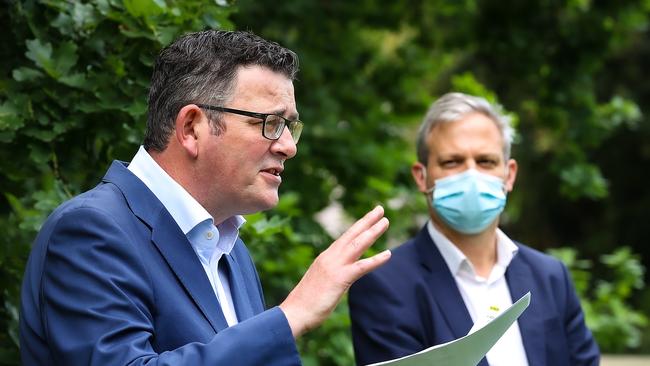
Victoria’s former chief health officer Brett Sutton, who faced questions alongside ex-premier Daniel Andrews each day of the pandemic, has conceded that he failed to communicate government decisions adequately at times.
Following the release of the Covid-19 Inquiry Report, Dr Sutton said he believed the pandemic eroded trust.
“I think the response probably played its role as well. I think we can always do better in managing that really tricky issue of risk communication and crisis communication,” he told ABC Radio Melbourne on Wednesday.
“I think Australia has done relatively well, as the Covid inquiry report pointed out, but I think … there are lots and lots of lessons about risk communication and all of the evidence and support of how best to do that.”
Professor Sutton was pressed on whether he failed to give clear explanations at times.
“Of course I did,” he answered.
“I tried to bring the art and science of risk communication as best I could, which is honesty and authenticity and openness to the extent that you absolutely can do.”
He acknowledged that evidence changes all the time, and that sometimes people had to make “a best guess”. “And sometimes you’re applying the precautionary principle, which means that you’re being careful in the absence of really, really clear evidence to point you one way or another.”
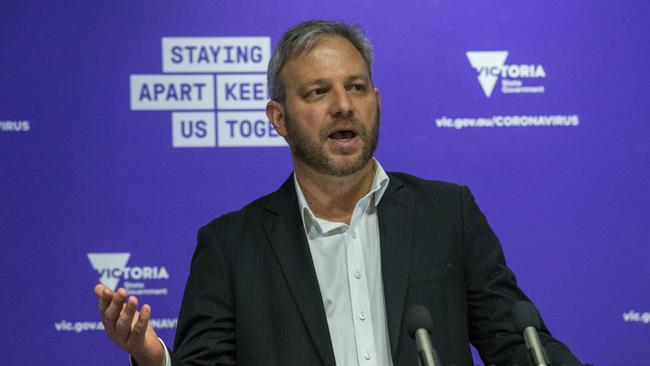
He said that if he were to bump into Mr Andrews, he’d “love to hear his reflections” about the report.
Professor Sutton resigned at the state’s CHO in June last year and in September began his role as Director of Health and Biosecurity at CSIRO.
In offering his own reflections of the report, former federal deputy chief medical officer Dr Nick Coatsworth issued an apology and recognised his role in pushing vaccine mandates.
“We need to look back on that and be very cautious if ever to implement them again,” he told The Australian.
“I think we’ve got to acknowledge the diverse views of senior decision-makers, but also among the community on vaccine mandates. Still lots of people thought the mandates were fine, but I just don’t know whether we can deny people their jobs again.
“In the cold light of day some people would come to the conclusion that that’s not an ethical way to approach a pandemic.”
He said that it was important to rebuild trust with those Australians negatively affected by some of the government rules that were imposed.
“People were unable to see dying loved ones, people couldn’t make urgent trips back to Australia because of shut borders … these are people who will rightly aggrieved for many, many years.”
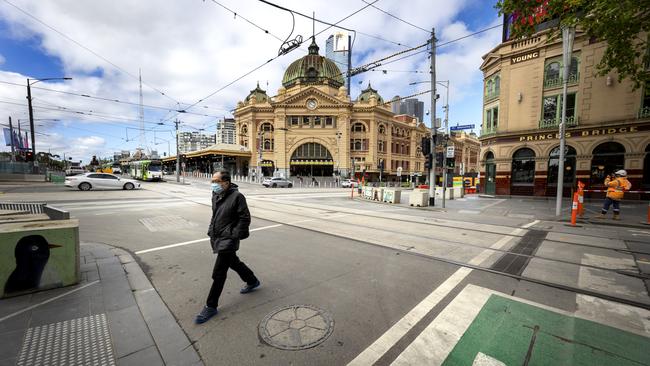
Dr Coatsworth said the lockdown strategy was available to governments worldwide, but that it could only last for a period of time before it would “start to upset people and start to harm people”.
“It’s less useful to use this inquiry as a report card on the Covid-19 pandemic; it’s much more useful (as a) blueprint in the future,” he said.
University of Sydney’s Brain and Mind Centre health and policy co-director Ian Hickie said that mental health effects were not just caused by lockdowns but also due to fear of economic disruption and the closure of schools.
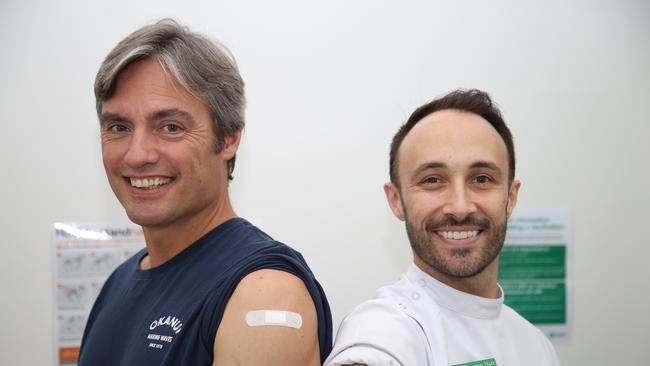
“People much more needed to take into account mental health impacts of extensive social dislocation,” he said.
“We shouldn't play it down, we had massive social disruption.”
He said young children had missed out on key developmental experiences.
“Older adults resumed their lives, while there are lag effects on children and young people due to missed experiences.”


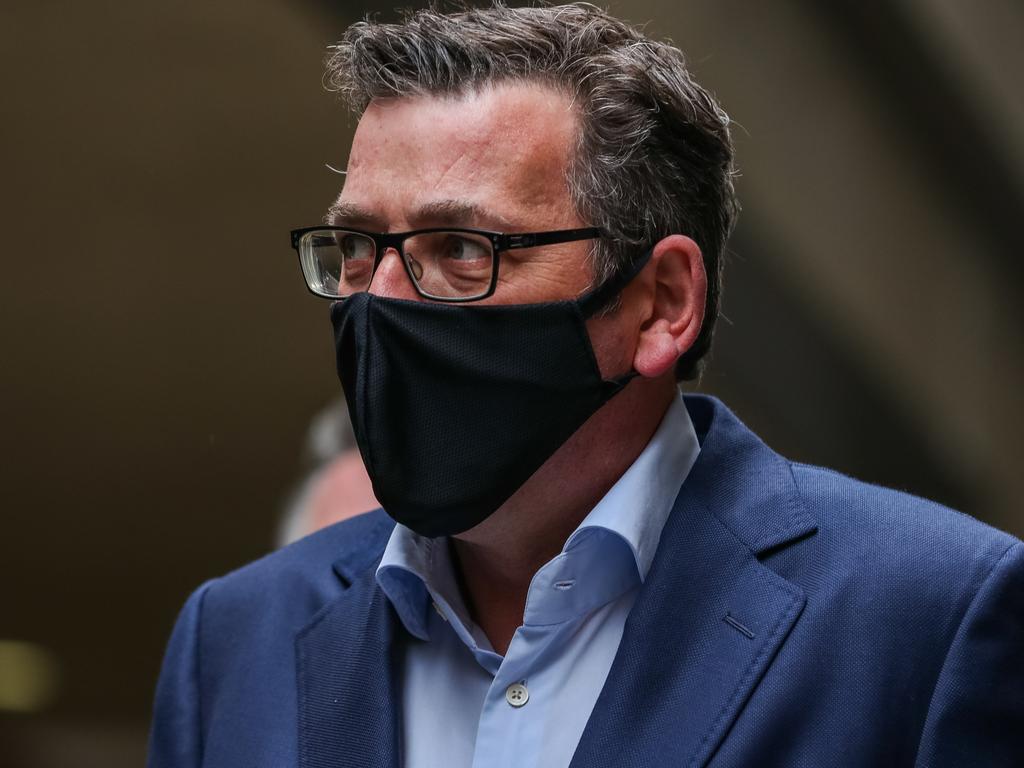



To join the conversation, please log in. Don't have an account? Register
Join the conversation, you are commenting as Logout